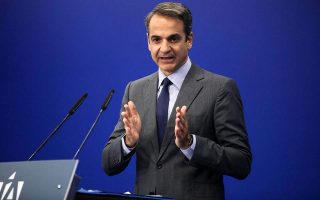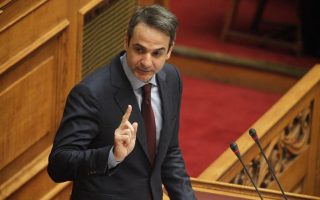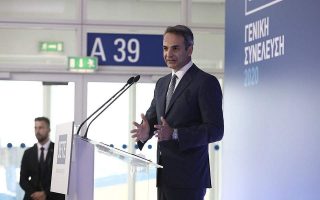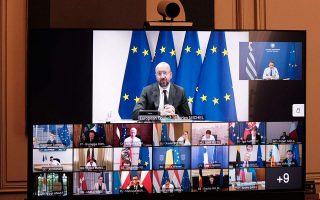Recovery fund, Turkey top Greek PM’s priorities
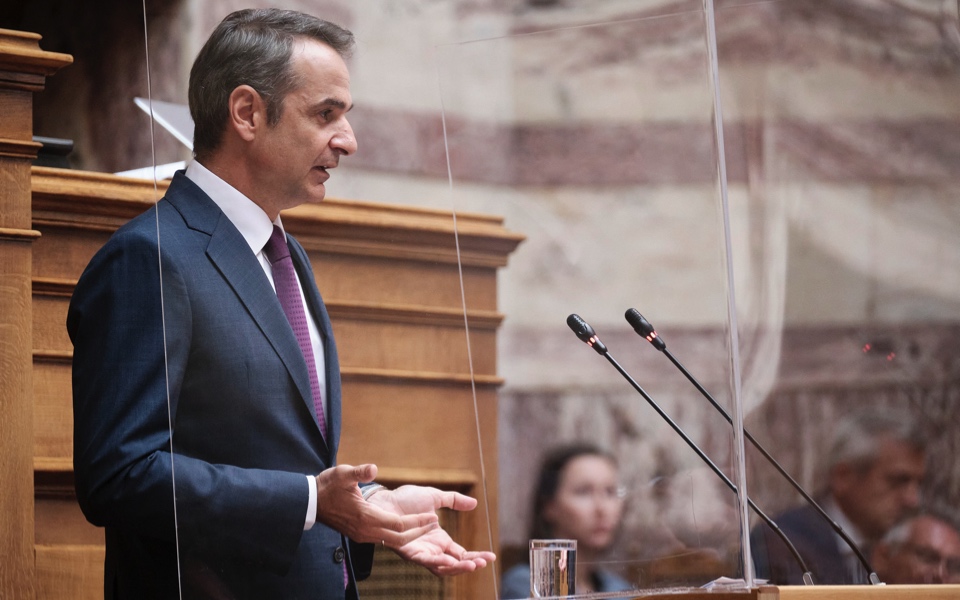
A forthcoming European Union summit, which is expected to take decisions on the Recovery Fund, along with exploring possible ways to de-escalate tensions with Turkey are the top priorities of Prime Minister Kyriakos Mitsotakis, who on Tuesday completes a year in office.
The government is reportedly pleased with the clear message conveyed by German Chancellor Angela Merkel, who last week assumed the rotating EU presidency, that she wants to expedite the creation of the fund, which could lead up to 32 billion euros coming Greece’s way. Another positive for Athens is that Berlin appears to favor the view that member-states should be strengthened by the Recovery Fund primarily through grants rather than loans.
However, Mitsotakis understands, in view of next week’s summit, that Athens will have to put up a fight so that the absorption of funds takes place over a period of four years and not two years, as provided by the proposal of the German presidency.
Moreover, given that Greece will face a problem of absorption due to its structural shortcomings, the compromise approach put forth by European Council President Charles Michel that 70% of the funds should be absorbed by the end of 2022 is also not the most enticing for Athens. In any case, the Maximos Mansion expects the first proposals of the so-called Pissaridis committee on Wednesday on how the money from the Recovery Fund will be used.
As for Greek-Turkish relations, Mitsotakis will seek to build on the telephone conversation he had in late June with Turkish President Recep Tayyip Erdogan to reduce tensions in the summer, something that Athens believes is possible, given that channels of communication have been re-opened. This would in turn allow for some form of dialogue by September. Otherwise, both countries could be in for a difficult summer, especially if Ankara makes good on its stated intention to conduct exploratory drilling in areas within the Greek continental shelf that are included in the Turkey-Libya maritime border accord.
Developments largely hinge on Erdogan, who, the government feels, will probably not proceed with the plan to convert the former church of Hagia Sophia into a mosque, despite his angry reaction to international pressure against a change to its status. The role of the German presidency is also considered crucial, given its concerns about the course of Greek-Turkish relations.
